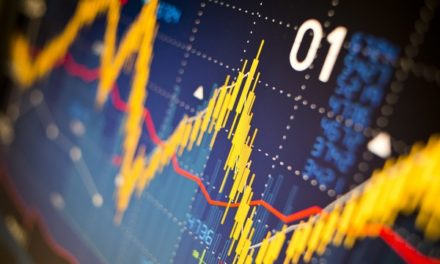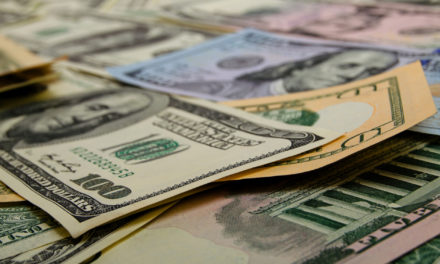
“Only buy something that you’d be perfectly happy to hold if the market shut down for 10 years.”
— Warren Buffett
One of the most important things investors can learn from Warren Buffett, is about how they approach their time horizon for an investment into a stock under consideration. Because immediately after buying shares of a given stock, investors will then be able to check on the day-to-day (and even minute-by-minute) market value. Some days the stock market will be up, other days down. These daily fluctuations can often distract from the long-term view. Today, we look at the result of a ten year holding period for an investor who was considering Rockwell Automation, Inc. (NYSE: ROK) back in 2009, bought the stock, ignored the market’s ups and downs, and simply held through to today.
| Start date: | 09/14/2009 |
|
|||
| End date: | 09/12/2019 | ||||
| Start price/share: | $43.72 | ||||
| End price/share: | $166.13 | ||||
| Starting shares: | 228.73 | ||||
| Ending shares: | 285.69 | ||||
| Dividends reinvested/share: | $24.67 | ||||
| Total return: | 374.62% | ||||
| Average annual return: | 16.85% | ||||
| Starting investment: | $10,000.00 | ||||
| Ending investment: | $47,455.57 | ||||
As shown above, the ten year investment result worked out exceptionally well, with an annualized rate of return of 16.85%. This would have turned a $10K investment made 10 years ago into $47,455.57 today (as of 09/12/2019). On a total return basis, that’s a result of 374.62% (something to think about: how might ROK shares perform over the next 10 years?). [These numbers were computed with the Dividend Channel DRIP Returns Calculator.]
Dividends are always an important investment factor to consider, and Rockwell Automation, Inc. has paid $24.67/share in dividends to shareholders over the past 10 years we looked at above. Many an investor will only invest in stocks that pay dividends, so this component of total return is always an important consideration. Automated reinvestment of dividends into additional shares of stock can be a great way for an investor to compound their returns. The above calculations are done with the assuption that dividends received over time are reinvested (the calcuations use the closing price on ex-date).
Based upon the most recent annualized dividend rate of 3.88/share, we calculate that ROK has a current yield of approximately 2.34%. Another interesting datapoint we can examine is ‘yield on cost’ — in other words, we can express the current annualized dividend of 3.88 against the original $43.72/share purchase price. This works out to a yield on cost of 5.35%.
One more investment quote to leave you with:
“The person who starts simply with the idea of getting rich won’t succeed; you must have a larger ambition.” — John Rockefeller


